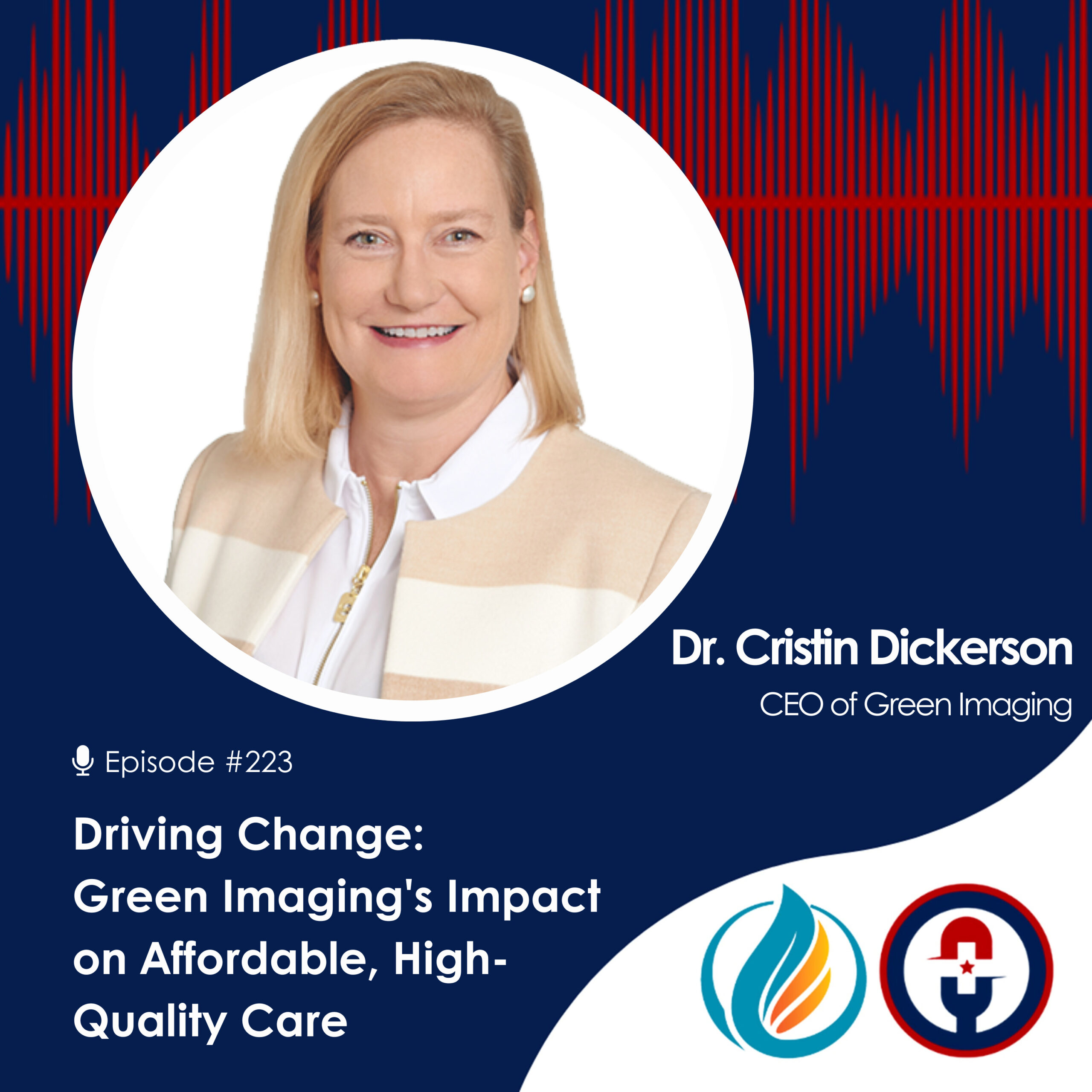Sharing is Caring: Are Health Care Sharing Organizations the Perfect Alternative to the ACA?

Sharing is Caring
Health insurance premiums are continuing to rise as a result of the latest political back and forth. Alternatives for average families looking to minimize costs without sacrificing the quality of their healthcare seem few and far between. Many healthcare experts, on both sides of the aisle, believe that the reason healthcare has become such a difficult issue is that it is built on inherently flawed foundations and outdated assumptions.
Namely, the idea that massive insurance corporations can simultaneously maximize quarterly profits while still providing affordable healthcare coverage for most Americans is failing, the profits are there but the affordability is gone. As a result of the healthcare impasse and disillusionment with the system, many are looking for alternatives outside of conventional industry norms. Many families are turning to health shares and health care sharing organizations or ministries.
"When it comes to healthcare in America, pricing transparency simply does not exist. Instead, our healthcare system is notoriously opaque, beset by systemic complexities, confusing to consumers, and costly."
--- DR. CRISTIN DICKERSON, MD
What Are Health Shares?
The first and most important fact to take into account is that health shares and health care sharing ministries (HCSMs) are not health insurance.
Rather, HCSMs are officially a collective of like-minded individuals who willingly choose to share each other's healthcare costs. Much like a traditional insurance risk pool, when enough people come together to share costs no single individual or family has to bear the brunt of a costly medical disaster.
Also like a traditional insurance program, a portion of the costs is typically not shared (like an insurance deductible). Each person or family is individually responsible for this “unshared amount”. However, costs that go beyond this individual “unshared amount” are shouldered by the entire group. However, this is where the similarities with traditional health insurance end.
"One of the biggest differences between regulated insurance companies and HCSMs is the fact that HCSMs are not legally obligated to accept everyone and can, in some cases, reject those with preexisting conditions. "
--- DR. CRISTIN DICKERSON, MD
Considered Self-Pay Patients
Members of HCSMs are considered self-pay patients. In other words, they don’t have health insurance in the traditional sense and are labeled as not having insurance when they receive treatment at a medical facility. Of course, the healthcare sharing organization helps these self pay patients pay for their healthcare needs and, in return, patients are expected to contribute a predetermined amount or premium, sometimes $300, $400, $500 or more, every month which organizers then match with other families in need.
Benefits
One of the benefits of this arrangement is that there are no networks. Patients do not need to worry about whether or not their preferred care provider is in-network.
One of the biggest differences between regulated insurance companies and HCSMs is the fact that HCSMs are not legally obligated to accept everyone and can, in some cases, reject those with preexisting conditions.
Most HCSMs also reject smokers and others engaged in habits deemed to be harmful to the body. Patients who are injured in a car crash involving excessive alcohol use above the legal limit, for example, are not covered. That makes sense. Because healthcare costs are shared in an HCSM arrangement, it doesn’t make financial sense to add risky clients to the risk pool knowingly.
However, that doesn’t mean that they don’t take those with existing conditions. Many healthcare sharing organizations have what is known as a “phasing policy”. Members with pre-existing conditions remain on the hook for their medical costs for their pre-existing condition for the first year while each subsequent year a greater amount of the costs are shared. Of course, for some preexisting conditions, the costs may never be shared. However, for those that are accepted by an HCSM, the savings and benefits can be enormous.
Reject High-Risk Applicants
Because HCSMs are free to reject high-risk applicants, such as smokers, costs are kept to a minimum. HCSMs also require a baseline of good, healthy behavior from its members, such as abstaining from smoking, which further reduces known risks and subsequent healthcare costs.
Exempt from ACA Individual Mandate and Penalties
Perhaps most attractively, members of health care sharing organizations are exempt from Obamacare’s individual mandate and the penalties the mandate imposes. Not only are members buying into a lower risk pool, they also are not subject to the costly consequences of foregoing traditional insurance altogether. For many, it just makes financial sense to choose HCSMs over traditional healthcare insurance. For others, choosing to share health costs with a group of like-minded individuals or those of similar faith backgrounds presents a philosophical escape as well.
Is Faith-based Community Also Good Business Practice?
Many faith-based communities have long traditions of helping the poor, the sick, and the needy. Members of these communities shared and shouldered the financial burdens of those who could not, often with the understanding that their community would do the same for them in their times of need.
Many consider health care sharing ministries (HCSMs) to be modern-day corollaries to these ancient religious communities, but with all the modern sophistication afforded by technology and contemporary business practices.
In the United States, a majority Christian nation, many see these health care sharing organizations as springing from the tradition of the early Christian Church in the Book of Acts wherein “...all the believers met together in one place and shared everything they had.” Indeed, many HCSMs are overtly faith-based organizations. Some, not all, require a statement of faith. Of course, other HCSMs are more inclusive and may only require certain lifestyle commitments such as abstaining from drugs, excessive alcohol, and tobacco. While abiding by prescribed lifestyle guidelines may not be for some, the popularity of faith-based healthcare sharing has exploded in recent times.
In 2015 alone, over 400,000 Americans participated in health care sharing, shouldering more than $340 million in medical bills and costs. It’s clear that HCSMs not only provide a financial alternative to the traditional insurance marketplace but a philosophical one as well. The notion of neighbors helping neighbors is often deeply ingrained in most people, no matter their faith, who find sharing costs with a family that shares their core values and beliefs much more palatable than sharing costs with a stranger in a conventional insurance pool.
Some Things to Keep in Mind About Health Shares
While health care sharing organizations are a great solution for many, they won’t work for everyone. First and foremost, it is important to point out that health care sharing is not health insurance and is essentially unregulated. As a result, consumer protection is limited.
Services provided by a health care sharing organization is completely voluntary in theory. Of course, most healthcare sharing ministries have implemented safeguards, including conflict of interest rules, that ensure that the money contributed by members is used for the benefit of others, but some concerns remain.
Finally, depending on a patient’s lifestyle choices or preexisting conditions some health care sharing ministries may not even accept them, to begin with. Those with certain pre-existing conditions may find that their HCSM of choice may simply not cover their conditions. Their selectivity, particularly in their exclusion of high-risk groups, such as smokers, is part of the reason they can keep costs lower than traditional health insurers.
Ultimately, opting to go with a health care sharing ministry or organization carries risks with it. But many are willing to make the jump out of what they see as a broken system and into one where neighbors help neighbors. Where shared ideals, values, faith and familiarity provide a kind of social glue that binds each and every member together. Health care sharing ministries provide a valuable and viable alternative for those who do not wish to participate in the traditional health insurance marketplace but who still want quality care.
The Green Imaging Difference
At Green Imaging, we are all about quality, price transparency, and affordability. With Green Imaging you can save between 50 and 80% of your out-of-pocket costs for MRI, CT, ultrasounds, and other high-quality imaging services. Affordable MRIs start as low as $250, compared with $1,600 or more at other imaging facilities in the Houston area.
Don’t pay secret rates for an MRI. Go Green Imaging instead!








